
About allied health professions
There are over 70 allied health professions consisting of technical, therapy, social/community, and clinical assisting occupations and regulated professions. Allied health professionals deliver, support, or inform direct patient care and have completed occupation-specific education or training.
In collaboration with B.C.’s publicly funded health employers, Health Match BC supports the recruitment of hospital pharmacists, diagnostic medical sonographers, medical laboratory technologists (MLTs), medical radiation technologists (MRTs), occupational therapists (OTs), and physiotherapists (PTs).
Featured allied health professions
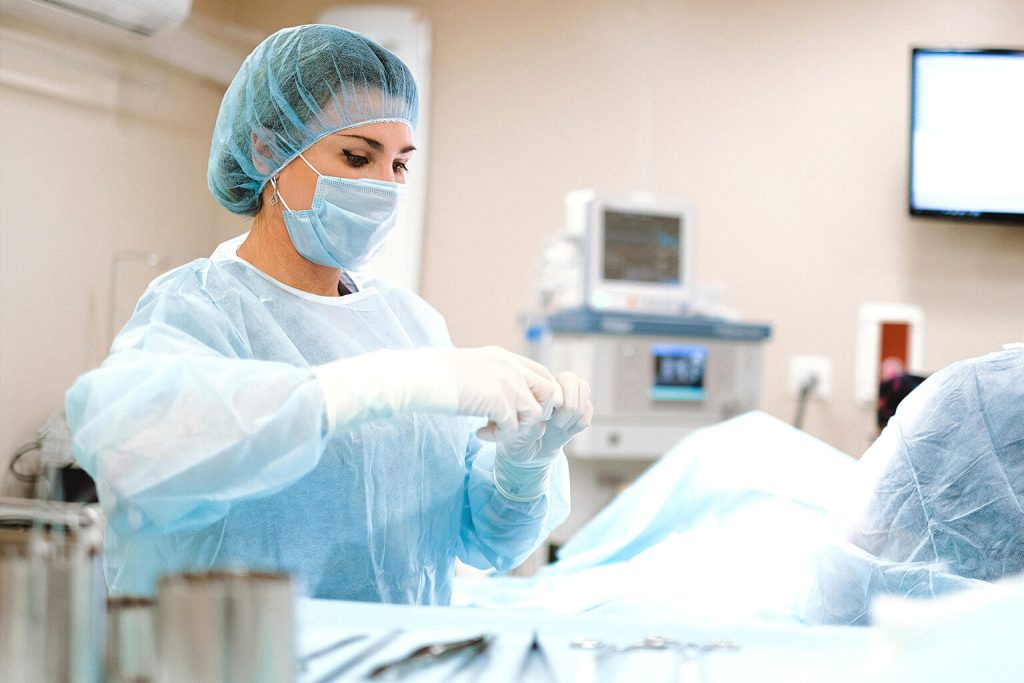
Cardiovascular perfusionists
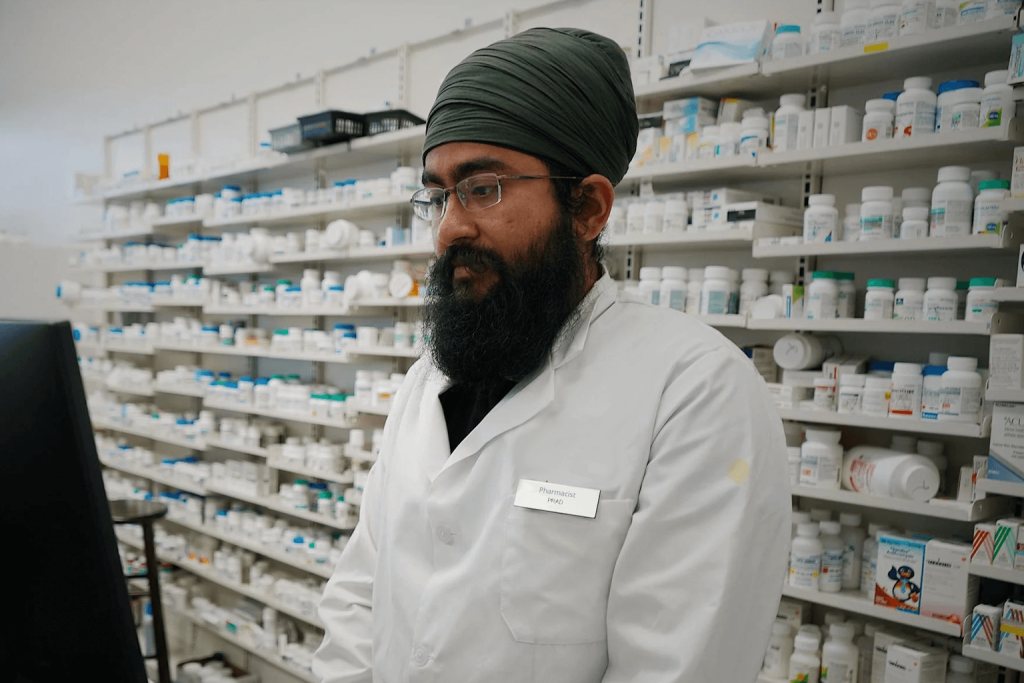
Hospital pharmacists

Medical laboratory technologists
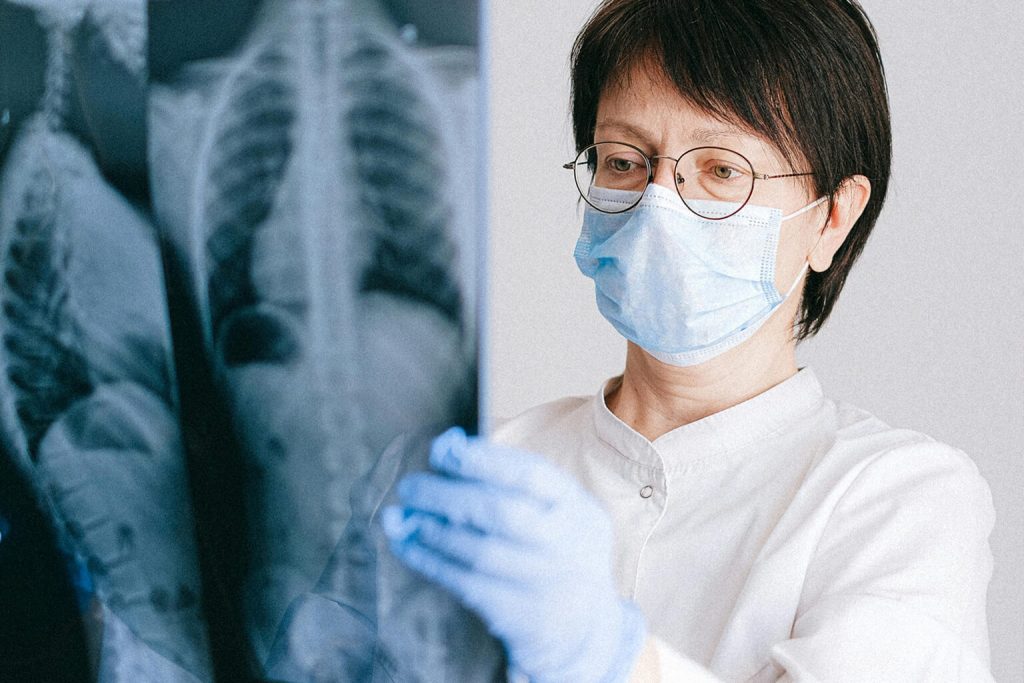
Medical radiation technologists
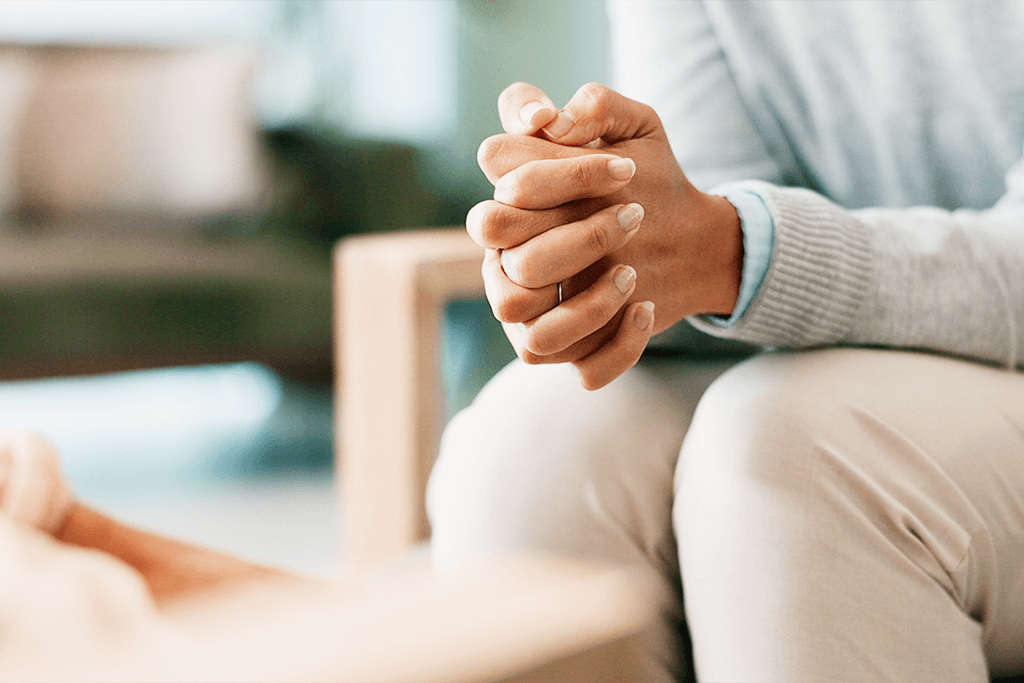
Mental health and substance use professionals
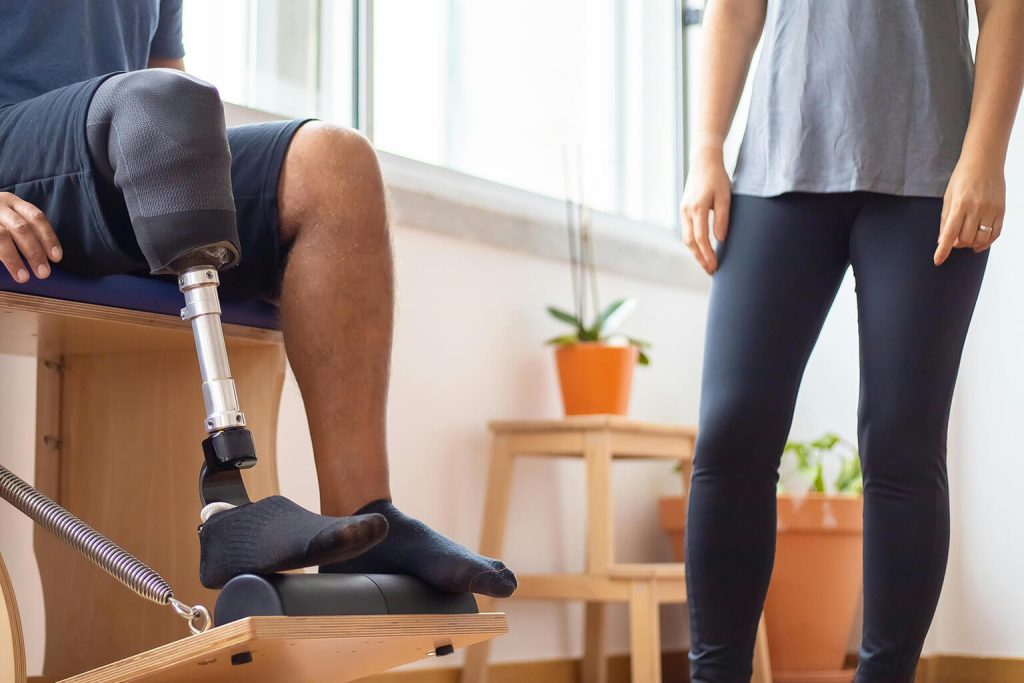
Occupational therapists
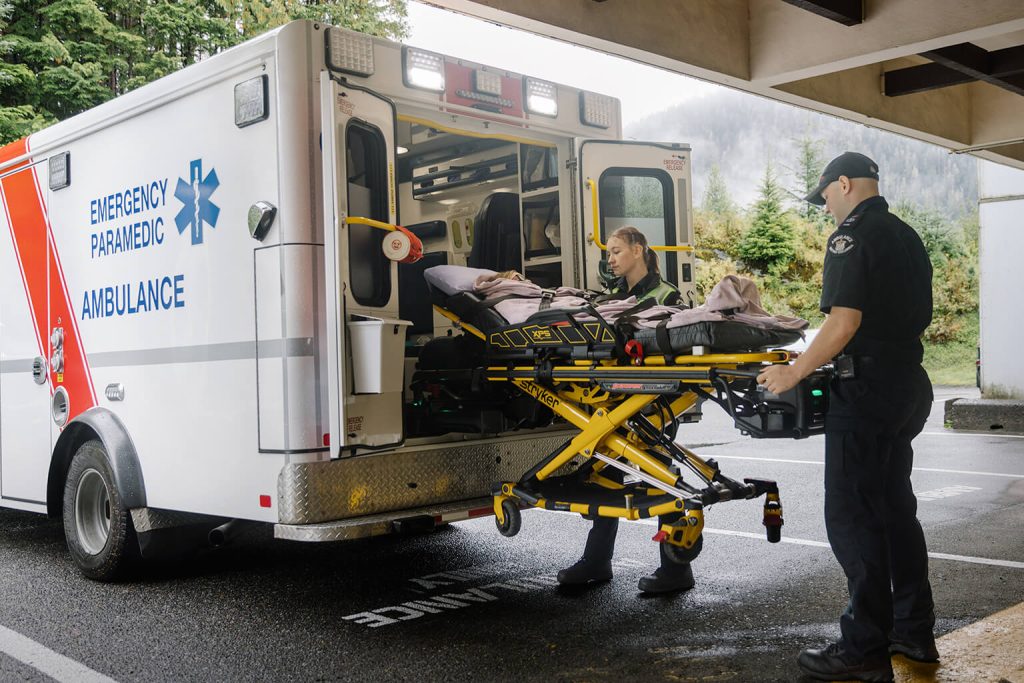
Paramedics

Physiotherapists

Social workers
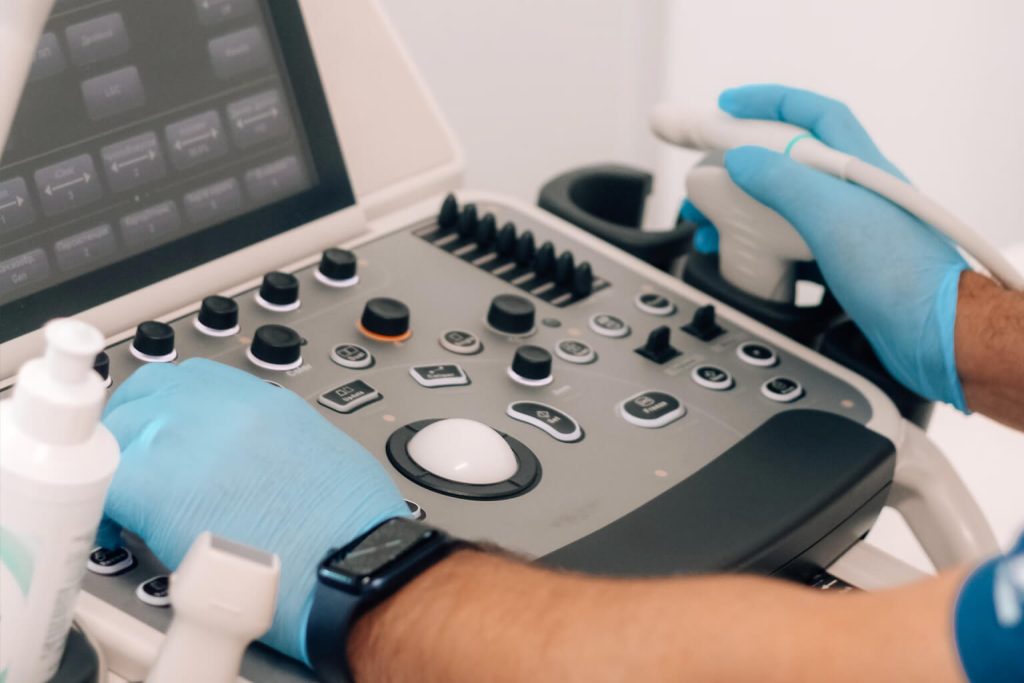
Sonographers
B.C. news for allied health professionals
See a pharmacist for treatment now
Get your minor illnesses – like pink eye, rashes, sprains and UTIs – checked and treated, renew your prescriptions, and get free birth control at a pharmacy.
Growing the allied health workforce to improve patient care
The new Allied Health Strategic Plan will help grow the allied health workforce so people can get the care they need, when they need it. It includes more than 70 disciplines vital to the team-based care people rely on, such as getting a blood sample collected by a medical laboratory assistant, seeing a physiotherapist after surgery, or talking about mental health and community supports with a social worker.
Providing home and community care for seniors
Many seniors want to live in their homes longer. That’s why we’re helping more seniors get home health-care support for daily activities like bathing and nutrition and access the community services they rely on, like grocery shopping, snow shoveling and rides to and from medical appointments.

